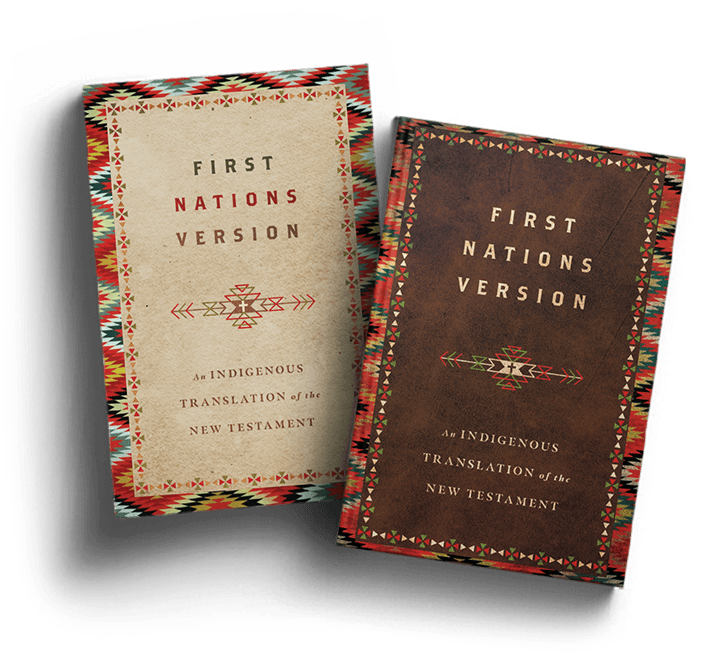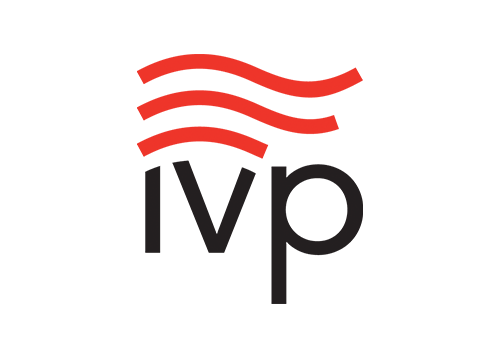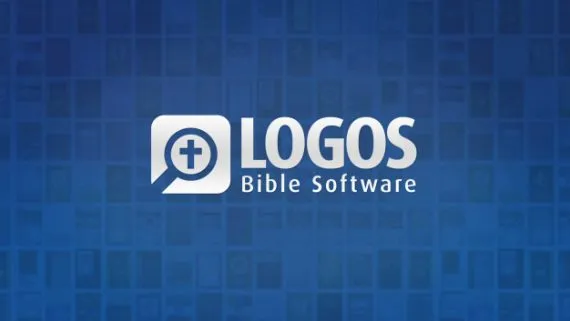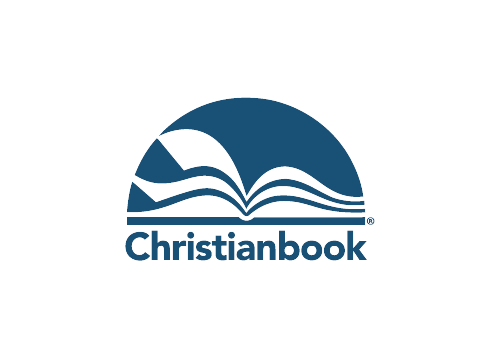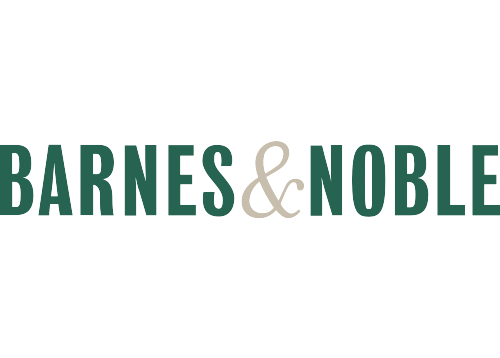First Nations Version
An Indigenous Translation of the New Testament
The Great Spirit loves this world of human beings so deeply he gave us his Son—the only Son who fully represents him. All who trust in him and his way will not come to a bad end, but will have the life of the world to come that never fades—full of beauty and harmony. Creator did not send his Son to decide against the people of this world, but to set them free from the worthless ways of the world.
John 3:16-17
Love is patient and kind. Love is never jealous. It does not brag or boast. It is not puffed up or big-headed. Love does not act in shameful ways, nor does it care only about itself. It is not hot-headed, nor does it keep track of wrongs done to it. Love is not happy with lies and injustice, but truth makes its heart glad. Love keeps walking even when carrying a heavy load. Love keeps trusting, never loses hope, and stands firm in hard times. The road of love has no end.
1 Corinthians 13:4-8
Many First Nations tribes communicate with the cultural and linguistic thought patterns found in their original tongues. The First Nations Version (FNV) recounts the Creator’s Story—the Christian Scriptures—following the tradition of Native storytellers’ oral cultures. This way of speaking, with its simple yet profound beauty and rich cultural idioms, still resonates in the hearts of First Nations people.
The FNV is a dynamic equivalence translation that captures the simplicity, clarity, and beauty of Native storytellers in English, while remaining faithful to the original language of the New Testament. Whether you are Native or not, you will experience the Scriptures in a fresh and new way.
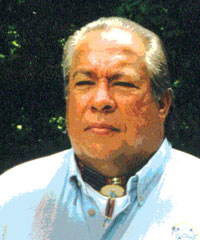
I am an Odawa/Lakota Elder and a minister, writer, storyteller, Native Artisan, singer, guitar, and flute player, and a presenter regarding the issues of historical trauma that continue to plague our Native populations. It is my honor to endorse the First Nations Version translation and will work to get it into the hands of many, both Native and non-Native with whom I have relationship. (Elder Warren served as a reviewer, giving feedback on portions of the FNV).
Great grandson of Chief Petoskey and a citizen of the Little Travese Bay Band of Odawa Indians
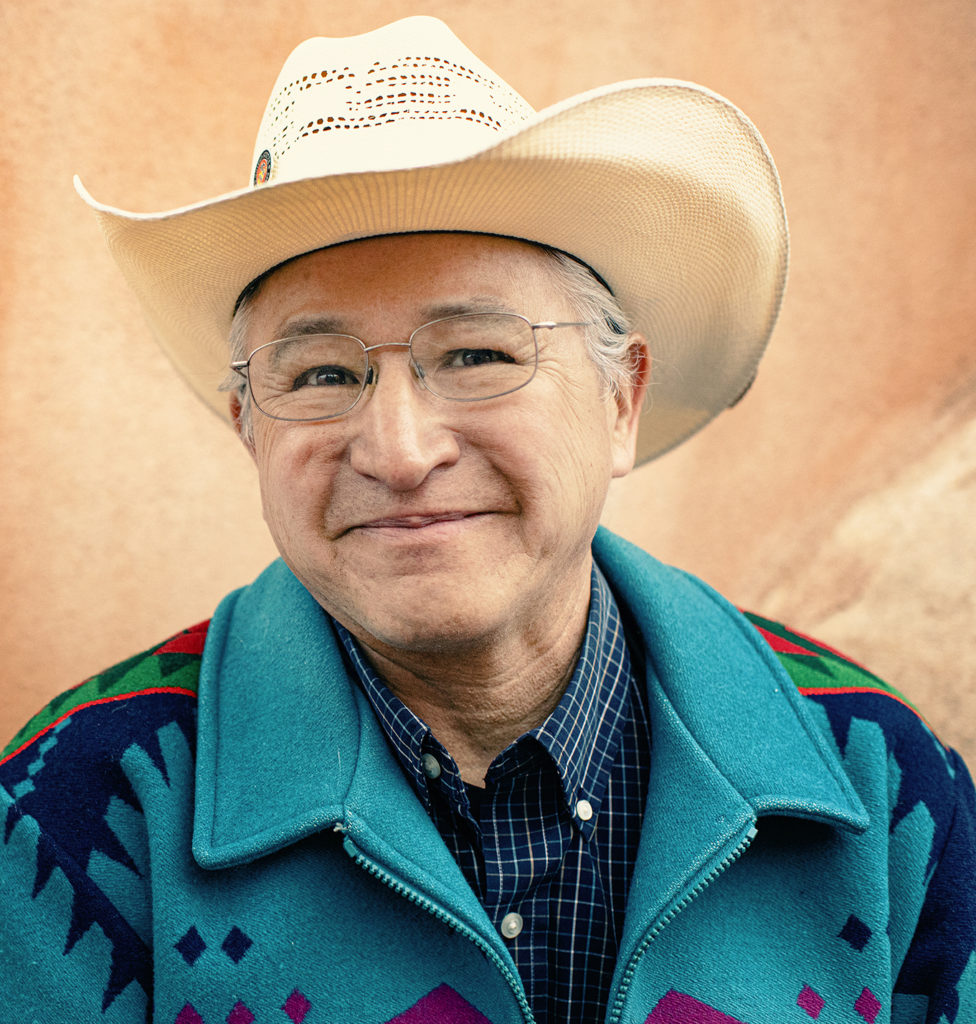
Good Medicine Way, an indigenous community of believers in Albuquerque, New Mexico affirms and incorporates the First Nations Version of the Bible in our worship gatherings. From our experience, many younger and older Native people are grasping the message of the Bible with the creative expression and language of the First Nations Bible. Native Bible readers are connecting with the Creator’s Word as never before. The First Nations Bible is a version for us.
Isn’t it time for us to have a Bible translation of our own? One that speaks to our culture, our values, and our hearts through Creator’s word and transforms our hearts.
Pastor of Good Medicine Way in Albuquerque, New Mexico. Casey has a doctorate from Fuller Theological in Intercultural Studies/ Missiology.
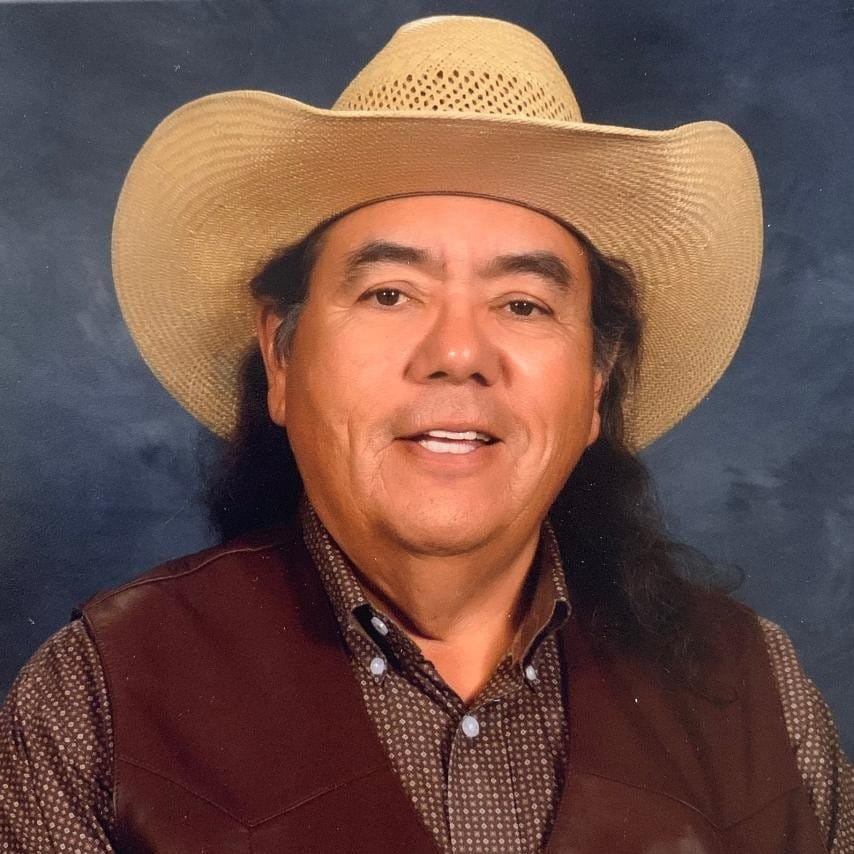
I have been using earlier partial editions of the First Nations Version for several years. We are thrilled that the New Testament is now complete! I believe it is one of the most important resources that has been created for ministry with Native Americans. We have adopted this translation for use in Montana Indian Ministries. We have found that the FNV relates well to both youth and adults. I am making it a priority to raise the funds to order as many copies as possible and get them into the hands of Native American people everywhere.
Assiniboine. Founder and director of Montana Indian Ministries on the Fort Belknap Reservation in Montana
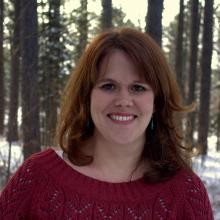
The First Nations Version (FNV) has quickly become a go-to resource for Native InterVarsity across the nation. We are using it in our small group Bible studies, and it is influencing the words we choose when we invite students to the full life that Creator Sets Free (Jesus) offers. The word choices of the FNV not only resonate with Native students but are also offering a fresh hearing of Scripture for non-Natives. For example, when we talk about sin, defenses and blinders go up immediately. But when the FNV talks about ‘bad hearts’ and ‘broken ways,’ people can see that in themselves and others. I would recommend the FNV to any Native person who wants to learn more about Jesus and any non-Native person who longs to be able to read Scripture with new eyes.
National Director, Native InterVarsity
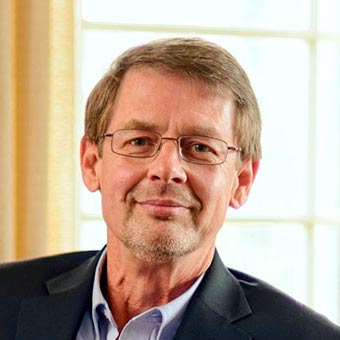
Reading the First Nations Version of the New Testament is like listening to a wise elder pass down ancient teachings. Its oral cadences give the Scriptures new room to breathe. While contemporary translations focus on updating language in a modern mode, the FNV recaptures the sense of tradition that binds faithful readers to our past and to the story that tells us who we are. It is a good gift to everyone who walks the Jesus Way.
Professor of Old Testament and Hebrew at Ashland Theological Seminary
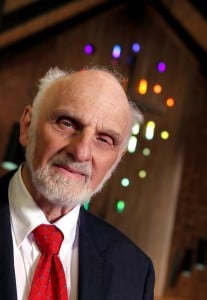
This new rendering of the New Testament is a most welcome accomplishment. All of our translations of the Bible are inescapably done through a cultural lens, and now we have the New Testament through the cultural lens of First Americans. It is of course a reach of empire to assume that our English translations of the Bible, as familiar as they are, are everywhere normative among us. Now we have a correction and an alternative that honors and takes seriously a cultural lens other than white European. This version draws us much closer to the wonder of an earthly spirituality that is present in the text as it is present in the life of the world.
William Marcellus McPheeters professor emeritus of Old Testament at Columbia Theological Seminary

I’ve often wondered what it might look like if Jesus incarnated within another culture. Jesus, a first-century Jewish teacher in a corner of Rome’s empire, lived, died, and rose as a human being within a specific time and place. What I love about the First Nations Version is how it translates this gospel story into a language of another context: First Nations! So get swept away into the story of the Great Spirit as he invites us to the blessing way of the good road. Read this beautiful retelling of the Scriptures that is not only beneficial for First Nations communities but for all who desire to allow the Great Spirit to transform their imaginations!
Pastor and author of Echoing Hope: How the Humanity of Jesus Redeems our Pain
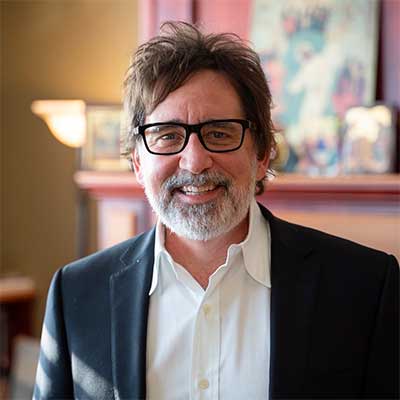
From the beginning, the story of Jesus has been a translated story. Jesus spoke in Aramaic, but Matthew, Mark, Luke, and John wrote their Gospels in Greek. The story of Jesus is intended to be translated to every tribe, tongue, people, and nation. That translation is intended, not just permitted, serves to show how we must resist any cultural domination of the gospel. Terry Wildman has done a masterful job of rendering the New Testament into the storytelling motif characteristic of Native Americans. It should tell us something important when we realize how beautifully the story of Jesus can be adapted to the style and vocabulary of indigenous people. I deeply appreciate Terry Wildman’s retelling of the story of Jesus for First Nations people. I believe the Great Spirit is pleased.
Pastor of Word of Life Church in St. Joseph, Missouri, and author of Beauty Will Save the World
The Translation Process & Council
Our translation council was selected from a cross-section of Native North Americans—elders, pastors, young adults, and men and women from differing tribes and diverse geographic locations. This council also represents a diversity of church and denominational traditions to minimize bias.
Translation Council Members
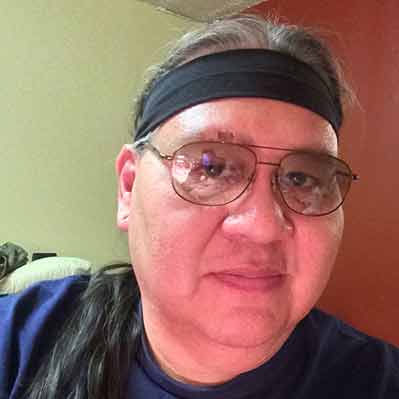
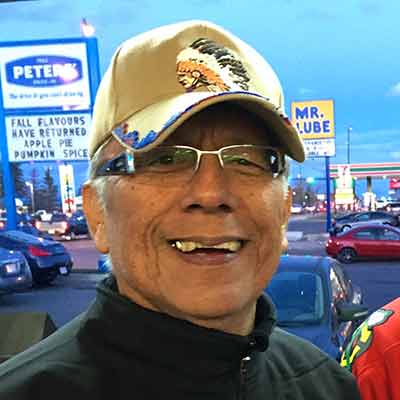
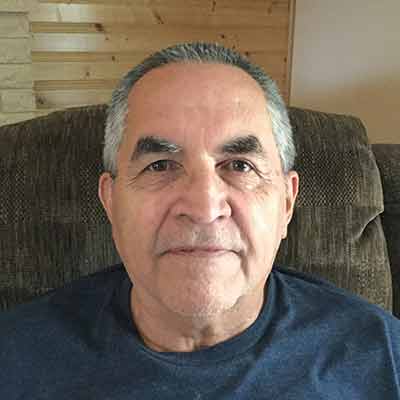

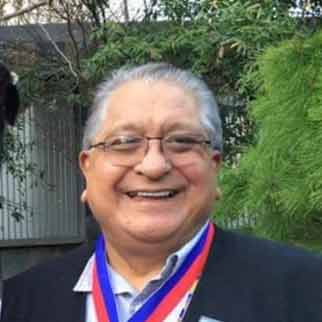
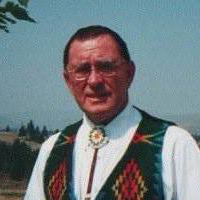
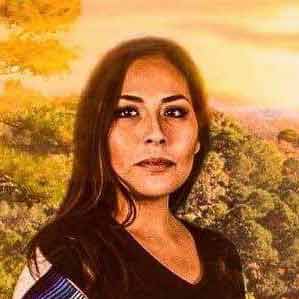
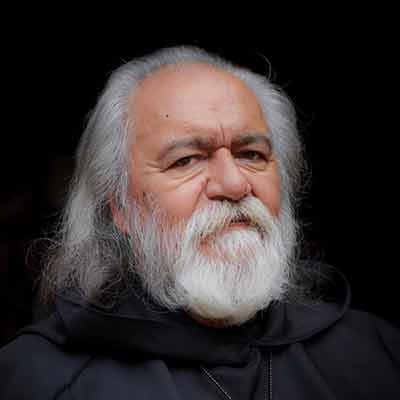
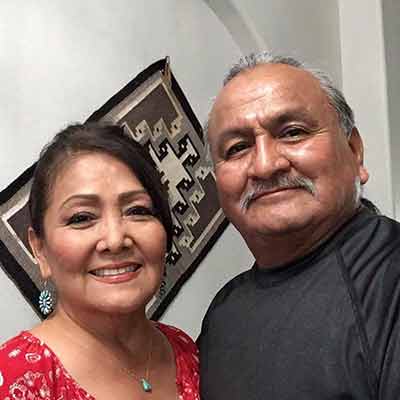
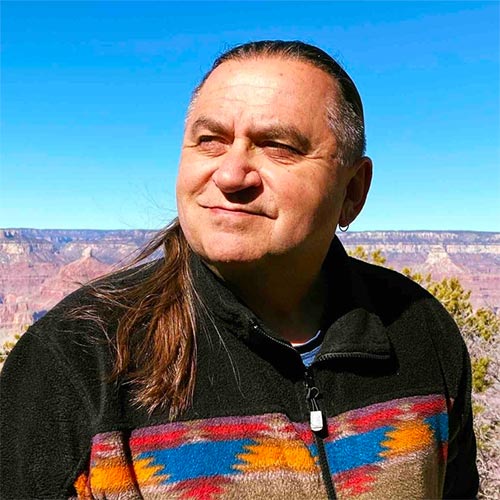
 First Nations Version · Rain Ministries
First Nations Version · Rain Ministries